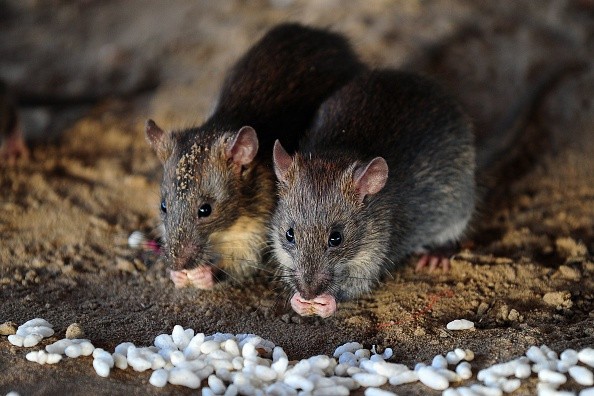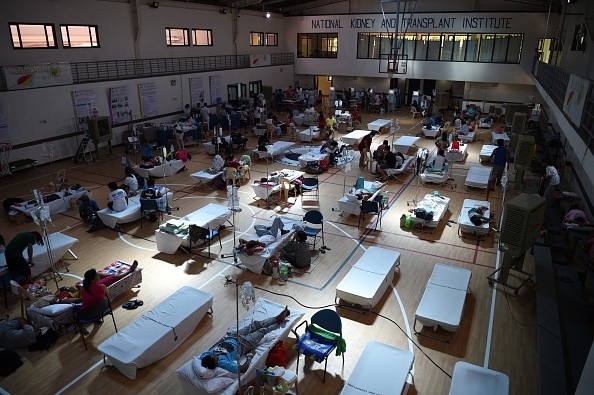New York City is dealing with a rare bacterial disease carried by rat urine. So far this year, not less than 15 people have been infected, with about 13 admitted to hospitals and one dead.

Leptospirosis
Leptospirosis is a zoonotic disease caused by bacteria of the genus Leptospira, which can be transmitted from animals to people or vice versa. However, rats are usually responsible for this disease in New York City.
Domestic and wild animals can become diseased and excrete bacteria in their urine. Infection in humans occurs through direct contact with infected animals' urine and tissues, or indirectly through contaminated water or soil, mucous membranes of the eye, nose, or mouth, or wounds and lesions of the skin.
Particularly, during outdoor activities such as hunting, fishing, or water sports, or in workplaces, as an occupational disease for farmers, slaughterhouse workers, and so on.
Although infection with Leptospira does not necessarily result in disease, some animals may be healthy carriers who discharge bacteria in their urine. Rodents are particularly significant in this regard (rats and mice).
Many leptospira infections go unnoticed since they may not create any symptoms or generate generic difficulties (symptoms) similar to the flu that goes away on their own.
In a smaller percentage of cases, the infection can progress to a more severe and life-threatening illness that causes significant damage to several organs, including the liver and kidneys. Leptospirosis is sometimes known as Weil's syndrome when it causes jaundice.
Cases of Leptospirosis
So far, in 2021, the New York City Department of Health has documented 14 leptospirosis cases (13 indigenous, one travel-related) in the United States. This year's overall number of cases reported to health authorities is higher than past years' totals. Cases were observed in all regions except Staten Island, with no apparent clustering.
Thirteen of the fourteen persons were admitted to the hospital with acute kidney and liver failure, with two of them also suffering from severe lung disease.
The infection resulted in one death. All of the other patients who had been admitted to the hospital had been treated and discharged. The majority of the cases had a history of being exposed to a rat-infested environment or had obvious risk factors.
The Department of Health detected 57 cases of leptospirosis in New York City between 2006 and 2020 (44 natives, 13 related to international travel). The majority of human cases in New York are linked to rat exposure or rodent habitats.

How to Prevent Leptospirosis
According to the Department of Health, one should avoid contact with rats, particularly locations where they may have urinated. If this isn't possible, while cleaning locations where rats have been it is advised to wear rubber gloves and wash your hands after.
After being exposed to danger: Wash wounds with water and disinfect them; if symptoms persist, see a doctor right away letting them know about the harmful activity you did in the past two weeks.
Leptospirosis can be prevented using a vaccine but because its effectiveness is confined to specific types of leptospirosis, it is rarely used in practice and is reserved primarily for professionals.
Related Article : ALERT! Rare Rat-Borne Disease Killing Pets in New Jersey
For more news, updates about bacterial disease and similar topics don't forget to follow Nature World News!
© 2025 NatureWorldNews.com All rights reserved. Do not reproduce without permission.





